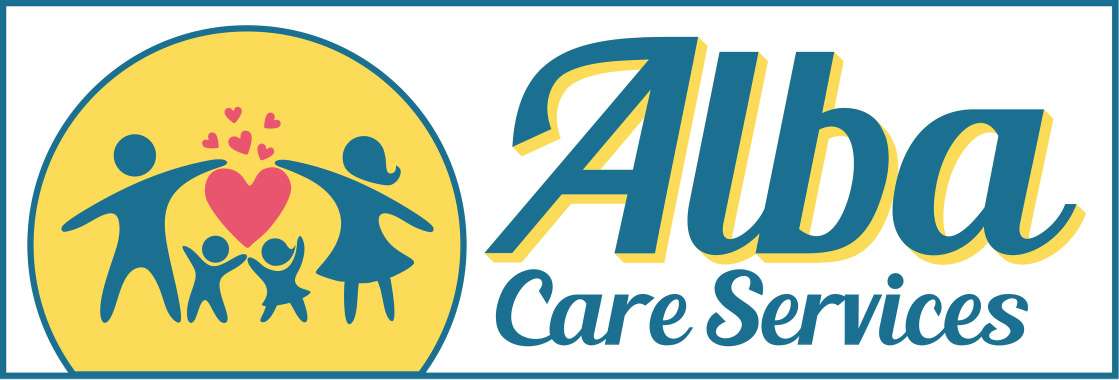The process of becoming a licensed foster parent in California requires thorough screening and assessment. The state has set specific guidelines, known as foster parent requirements, to ensure the safety and well-being of foster children. While many potential foster parents are welcome, certain factors could disqualify you from being a foster parent in California.
A Criminal Record
Firstly, a criminal record could serve as a major disqualification for prospective foster parents. A criminal background check is rigorously conducted, and certain criminal offenses, especially those involving child endangerment, violence, or substance abuse, are considered serious red flags. However, not all criminal records disqualify an individual. Non-violent and non-drug related offenses, particularly those from many years ago, might not prevent a prospective foster parent from fostering.
Sex-Related Crimes
Sex-related crimes and criminal history are vital aspects that California evaluates when determining eligibility for foster parenting. Individuals listed on the sex offender registry are categorically disqualified from fostering, as are those with evidence of child abuse or neglect, past or present. These measures are in place to protect vulnerable children from potential sexual abuse and ensure their safety within the foster care system.
California’s Department of Child and Family Services is committed to preventing individuals with a history of child maltreatment from becoming foster parents, as their primary concern is always the welfare and safety of the children in their care. Foster care services play a crucial role in providing a safe and nurturing environment for these children.
Health Concerns
The physical and mental health of potential foster parents is carefully evaluated during the screening process. Chronic illnesses, unmanaged mental health issues, or substance abuse are factors that could potentially disqualify individuals from becoming foster parents. The primary concern is ensuring that prospective parents are in good health and possess the stability necessary to meet the unique needs of a child in their care. This comprehensive assessment aims to create a safe and nurturing environment for children in need of foster care.
Home Safety
Your foster home’s living environment plays a crucial role in determining your eligibility as a foster parent. When homes are inspected, they are assessed for safety hazards, ensuring that they meet established living standards. It is important to have sufficient space to accommodate the needs of a foster child and to maintain a safe and nurturing environment. Any lack of space or unsafe conditions could potentially disqualify you from becoming a foster parent. Therefore, it is essential to create a warm and welcoming foster home that meets all the necessary requirements to provide a stable environment for a foster child and support birth parents as they work towards reunification.
Financial Stability
While you don’t need to be extremely wealthy or have a large family to become a foster parent, it is important to demonstrate financial stability. This means being able to provide for a child’s basic needs, such as food, clothing, and shelter. Ensuring that you and your family members have a steady income and the ability to meet the financial demands of raising a child is crucial in the foster care system. It helps to ensure that the child’s well-being and development are adequately supported, creating a nurturing environment for their growth and happiness.
Failed Training or Licensing
Foster parents in California must complete specific training and licensing requirements. Failure to complete these or inability to demonstrate the necessary parenting skills could disqualify you.
Remember, the goal is always in the best interest of the child. Each case is evaluated individually, and disqualifications are considered in context. If you’re considering becoming a foster parent and wonder about potential disqualifications, reaching out to local foster care agencies can be a good first step. Remember, many disqualifications are not absolute, and sometimes, exceptions are made, especially when it’s in the best interest of the child.
Alba Care Is Here To Make Sure Foster Families Thrive
At Alba Care, we are dedicated to ensuring that foster families flourish within the child welfare system. Our experienced team provides comprehensive support to all foster parents, offering guidance and resources to navigate through the fostering journey successfully. We understand the challenges and rewards of foster care and work tirelessly to make sure that every child is placed in a loving, safe, and supportive home. We collaborate with foster family agencies to ensure that foster parents work out for the kids in need.
Our commitment extends from the application process, through the training and licensing, and beyond, as we constantly strive to ensure the best environment for both the child and the foster family within the child welfare system. At Alba Care, it’s not just about fulfilling requirements – it’s about creating homes where children grow, thrive, and realize their potential. So if you feel you have what it takes to be a foster parent get in touch with us!
Frequently Asked Questions
What are the reasons you can’t foster?
Several reasons could potentially disqualify you from becoming a foster parent, according to social workers and social services. These might include a criminal record, particularly one involving child endangerment, violence, or substance abuse. Health concerns, both physical and mental, could also pose a hindrance if they affect your ability to adequately care for a child’s needs.
Your home environment must be safe and meet certain living standards; unsafe conditions or insufficient space could be disqualifying factors. Lack of financial stability, indicating an inability to provide for a child’s basic needs, is another potential disqualifier.
Lastly, failure to complete required training or licensing, or inability to demonstrate necessary parenting skills could also prevent you from fostering. It’s important to note that each case is considered individually, and circumstances are always evaluated in context.
How long does it take to be approved as a foster parent in California?
The process to become a foster parent in California, as outlined by the California Department, typically takes between six to nine months. This includes the time taken for orientation, application submission, training sessions, home study, and the license issuance process. However, these timelines can vary based on individual circumstances and the specific agency you are working with. It is advisable to have open communication with your agency and patiently navigate through the detailed process to ensure a successful outcome.
Can a felon be a foster parent in California?
While having a criminal conviction, including spousal abuse and physical assault, can complicate the process, it does not automatically disqualify an individual from becoming a foster parent in California. According to state regulations, certain types of felony convictions, specifically those involving child endangerment, violence, or substance abuse, are considered serious red flags and could lead to disqualification.
However, non-violent and non-drug-related convictions, particularly those from many years ago, might not be a barrier. Each case is evaluated individually, and factors such as the nature of the crime, the time elapsed since the crime, and evidence of rehabilitation are considered. It’s crucial to provide full disclosure during the application process and understand that the primary concern is always the safety and well-being of the child.
How much does a foster parent get paid in California?
Foster parents in California receive a monthly payment that helps cover the cost of caring for a foster child. The amount varies depending on the age of the child, the child’s specific needs, and the county in which the foster parent resides. As of 2021, the basic foster care rate in California ranges from around $923 to $1,072 per month for children up to 4 years old, $1,006 to $1,183 per month for children between 5 to 8 years old, and $1,072 to $1,242 for children between 9 to 11 years old.
For older children and teenagers, the rates are higher. These figures are guidelines and may vary; it’s always best to check with your local foster care agency for the most current rates. Remember, these payments are intended to be used for the child’s living expenses, such as food, clothing, and school supplies. While it provides financial support, the primary reward of being a foster parent is the positive impact made in a child’s life.






